Jakob:
Our old Turid from Røst in Lofoten was a skate, a clipper bow, or a shark.
Or simply a fishing boat, in both Norwegian and Swedish. Which name you use depends on old habit and which character trait you want to emphasize. This is how I interpret the various concepts.
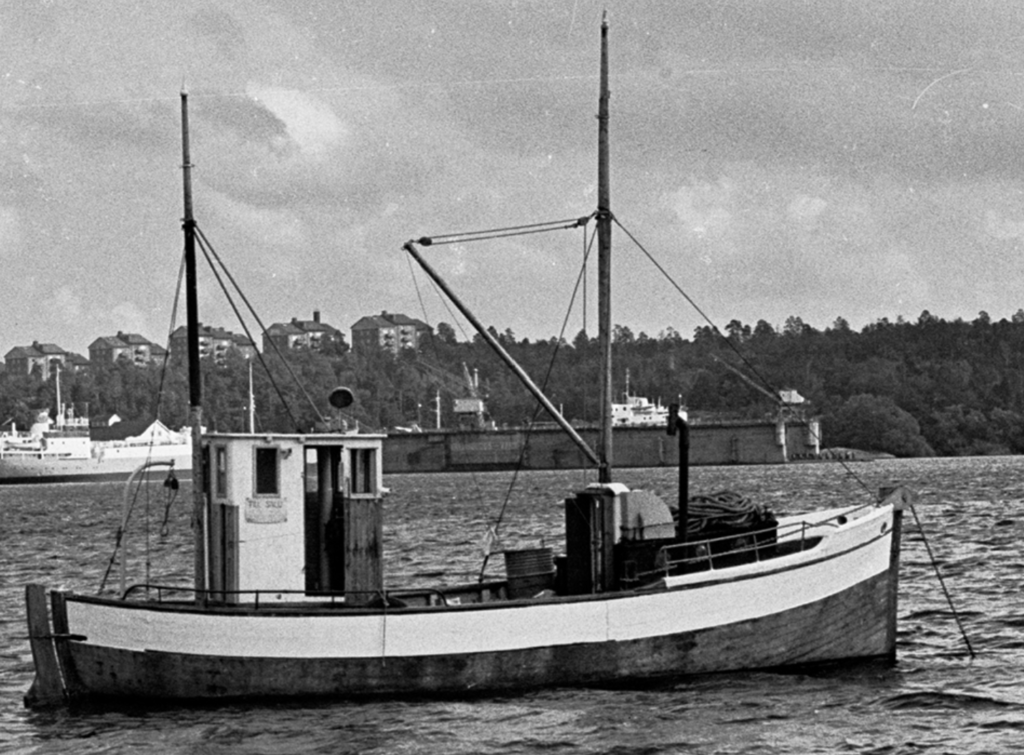
Skating
Great Norwegian lexicon writes:
Fully decked, tipped (meaning that the stern as well as the bow is pointed with a stem) usually 10-15 meters long. Engine operation gradually took over from the year 1900 and then it became common to build the wheelhouse and engine room aft. Usually a small redoubt in the bow for the crew.
Turid was laced and the description matches well. Turid was from 1935 and had a wheelhouse in the stern above the engine.
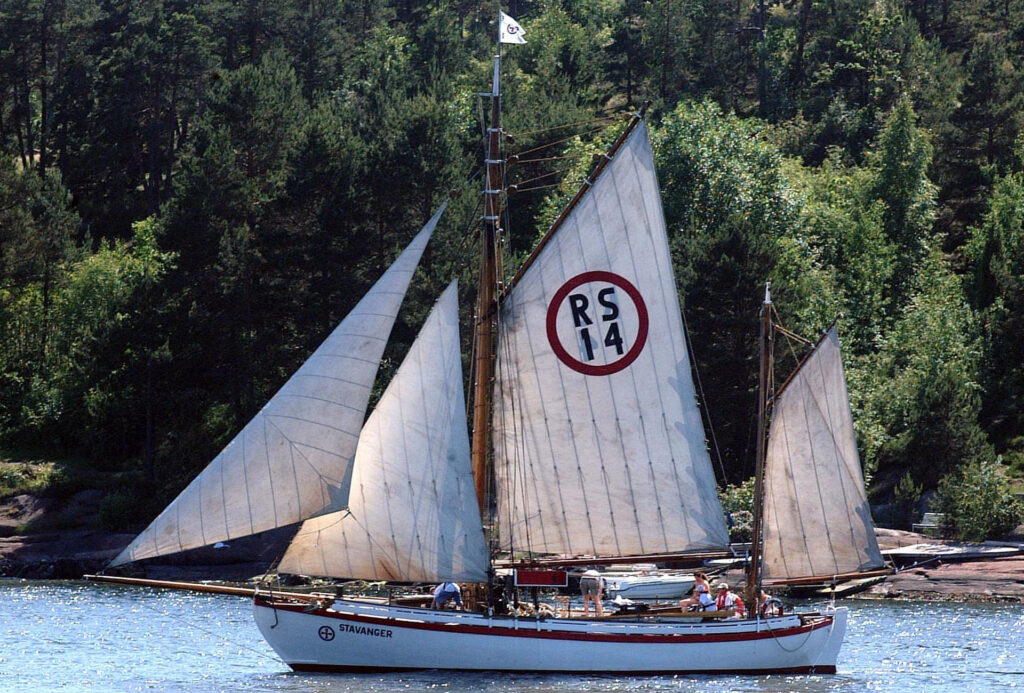
Clipper bow / clipper bow
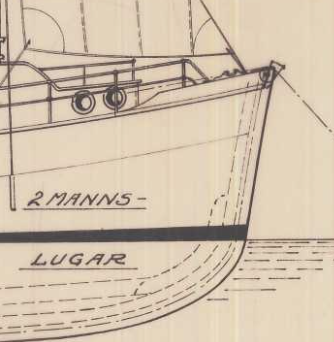
The bow is the part of the hull that is at the front. Clipper book refers to the sharp, high bow and pointed prow inspired by the fast sailing ships known as clippers and developed in the mid-1800s.
In Norway, boats of the Turid type with a straight stern are called clipper bow, in other words clipper book in Swedish.

Sharp
Small motorized fishing boats with covered wheelhouse and gunwale. The word "sharp” is generally believed to have originated in the border areas in the far north towards Russia and to be a word with Russian influence or origin.
Now I stick my chin out when I delve into Norwegian etymology, but I just can't help it.
Googling online there are fantastic theories where it would have to do with Swedish midwives and medical ships. I simply don't believe it. It's way too far-fetched. Norwegian Wikipedia believes that the word comes from Russian having borrowed it shark, meaning shark in English. I don't think that's reasonable either.
My personal opinion which I have not found support for in science is that it may be the Russian word чарка, which is pronounced tjarka and means cup which is the origin. Then I think cup in a transferred sense much as one might say soap cup about a small rowboat or that the English word vessel can mean both Container (i.e. e.g. cup) and craft or ship. Vessel has Latin origin the same origin as Swedish vase (as in flower vase).
But as I said, this is my personal suggestion for explanation. I have sought confirmation from science without success.
Jakob Norstedt
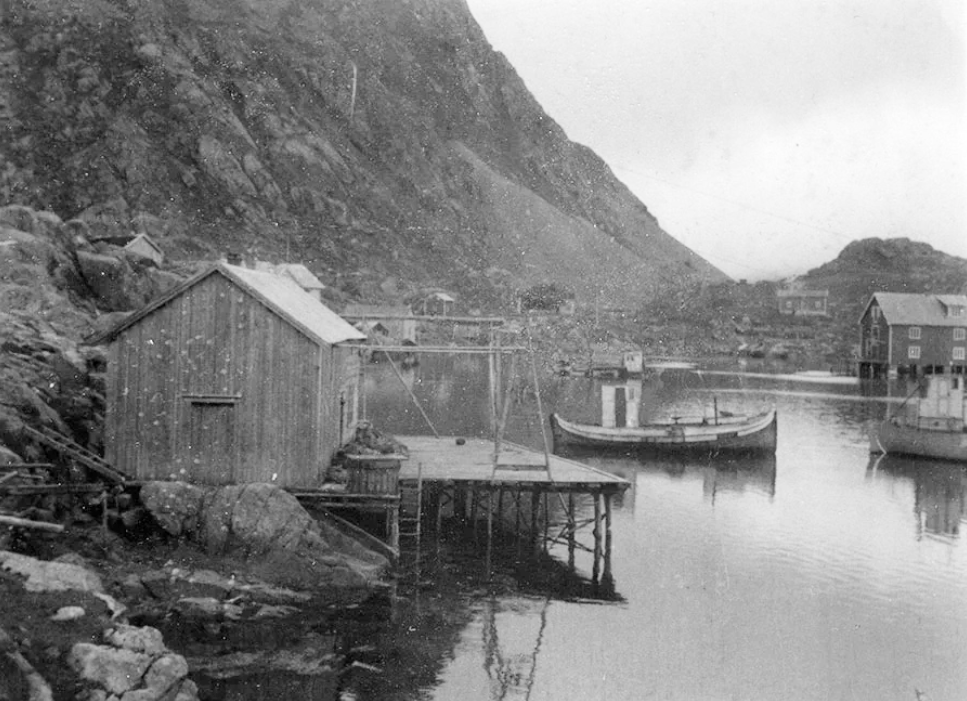

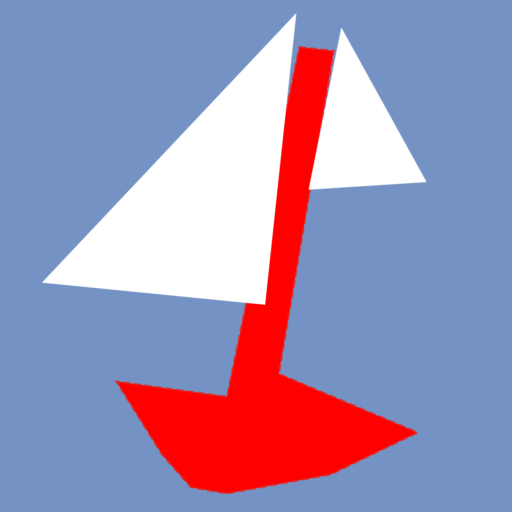
As thorough as ever to find out the facts about history. Very interesting results.
Thanks!